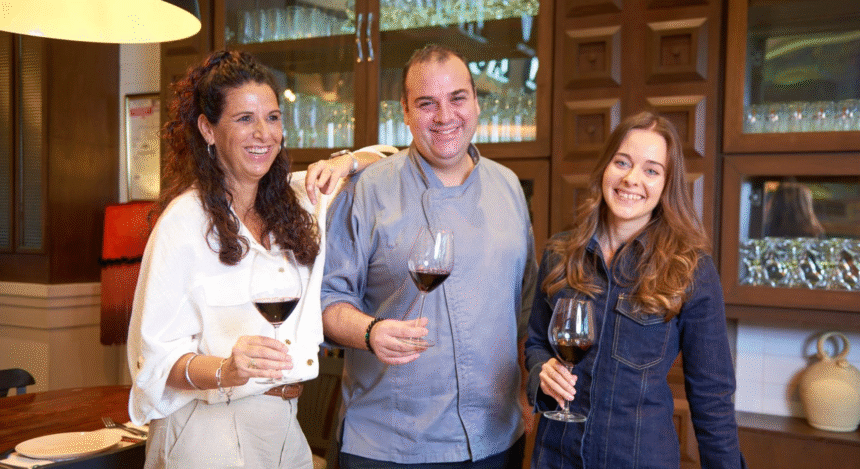We all know that Spain shaped Filipino food, a fact culled from the 333-year colonization which also introduced a lot of great things to the country, specifically Christianity and a savory culinary culture. Spain has left an indelible mark on the Filipino cuisine, merging Hispanic and local ingredients, innovative cooking techniques, a rich cultural exchange for festive occasions, and variations of enhanced flavor profiles.
For one, the term adobo traces its roots to a Spanish word ‘adobar’ which means ‘to marinate’, a proof of a shared marinating technique. However, while the signature and globally acclaimed Pinoy Adobo has evolved with some Filipino tweaks, we have shared the same love for Bacalao (salted cod that’s been dried and rehydrated and known for its unique and rich flavor), Estrellados (sunny side up eggs), Empanada (which means ‘breaded’, so it’s usually baked or fried turnover with chicken or ground pork filling), Longganiza, Escabeche, Callos, Pochero, Valenciana, Ensaymada, Leche Flan, and the omnipresent Cochinillo—all of which brings us back with nostalgia to all the fiestas and Noche Buenas we’ve celebrated. Spanish dishes have always been part of countless special moments we’ve shared with the ones we love.
But if you are yearning for authentic Spanish dishes, the Bistronomia Group, with restaurants located right at the heart of Manila’s vibrant dining scene, will remind you of this shared culinary heritage as it brings the soul of Spain to life with its celebrated concepts like Las Flores, Tomatito, Rumba, and Rambla. Each restaurant is a homage to Spain’s rich gastronomic heritage, something that Filipinos are heartwarmingly familiar with and always seek out for. All dishes offered in every Bistronomia restaurant are Chef-curated and steeped in time-honored techniques and premium ingredients imported directly from Spain, ensuring that discriminating Filipino diners who crave only for authentic Spanish dining experience could savor the true flavors of Spain.
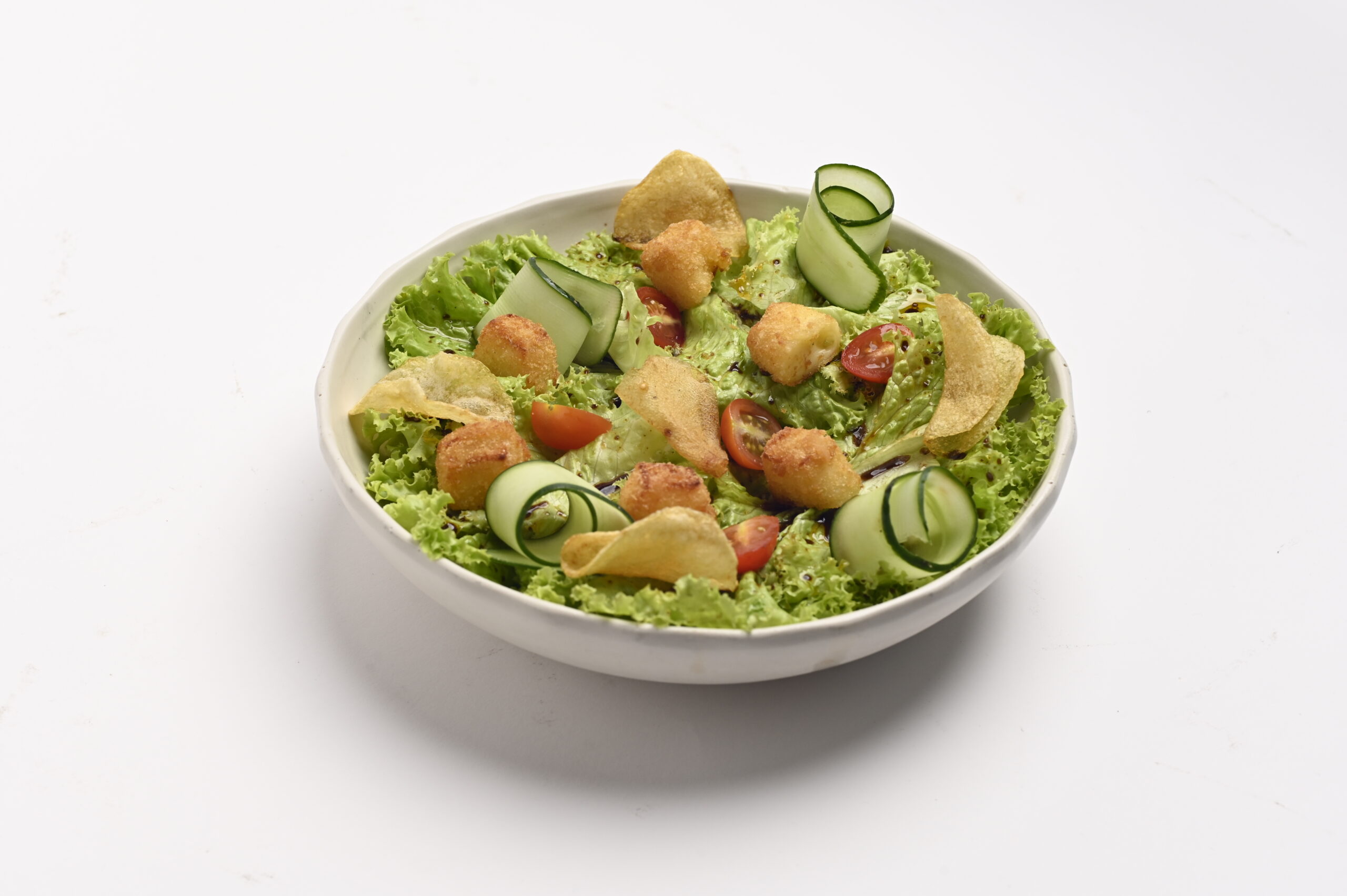
Ensalada Las Flores
Diverse takes on Spanish cuisine, guaranteed authentic Spanish flavors
Each Bistronomia restaurant offers its own distinct take on Spanish dining. Las Flores, for instance, is reflective of everything about Spain, championing traditional recipes and dishes from across Spain, offering the best regional flavors in a vibrant yet sophisticated setting. “It’s about gastronomy rooted on the relationship between food, culture and tradition. That’s why at Las Flores, we have a diverse selection of dishes that demonstrate the depth of what Spain has to offer,” Chef Alfredo said. Specialties that guests must not miss include Salmon y Salmon, Segovian-style Cochinillo and Paella Negra.
“Rambla, on the other hand, has a modern Spanish cuisine, more creative, more focused in Catalan cuisine as it takes on the most important and popular street in Catalonia,” shared Chef Alfredo. Rambla’s menu was inspired by the iconic El Bulli, a fine dining restaurant at the forefront of culinary innovations in Spain. Headed by Chef Ferran Adria, El Bulli had three Michelin stars to its name and had been awarded the “World’s Best Restaurant” a record-setting five times before it closed its doors in 2023. Rambla carries the legendary torch with its modern, creative cuisine, and avant-garde molecular cooking techniques. Dishes at Rambla reflect unconventional cooking techniques but are still deeply embedded in traditional Spanish roots. The menu’s creativity shines through signature elements like the group’s exclusive air baguettes—small, flavor-packed bites unique to Bistronomia—and playful reimagining of classic Spanish canapés, Bikini Sandwich, Pulpo Asado, and Spherical Olives (a molecular gastronomy recipe based on green olive juice shaped like a real olive, a dish launched in El Bulli in 2005).
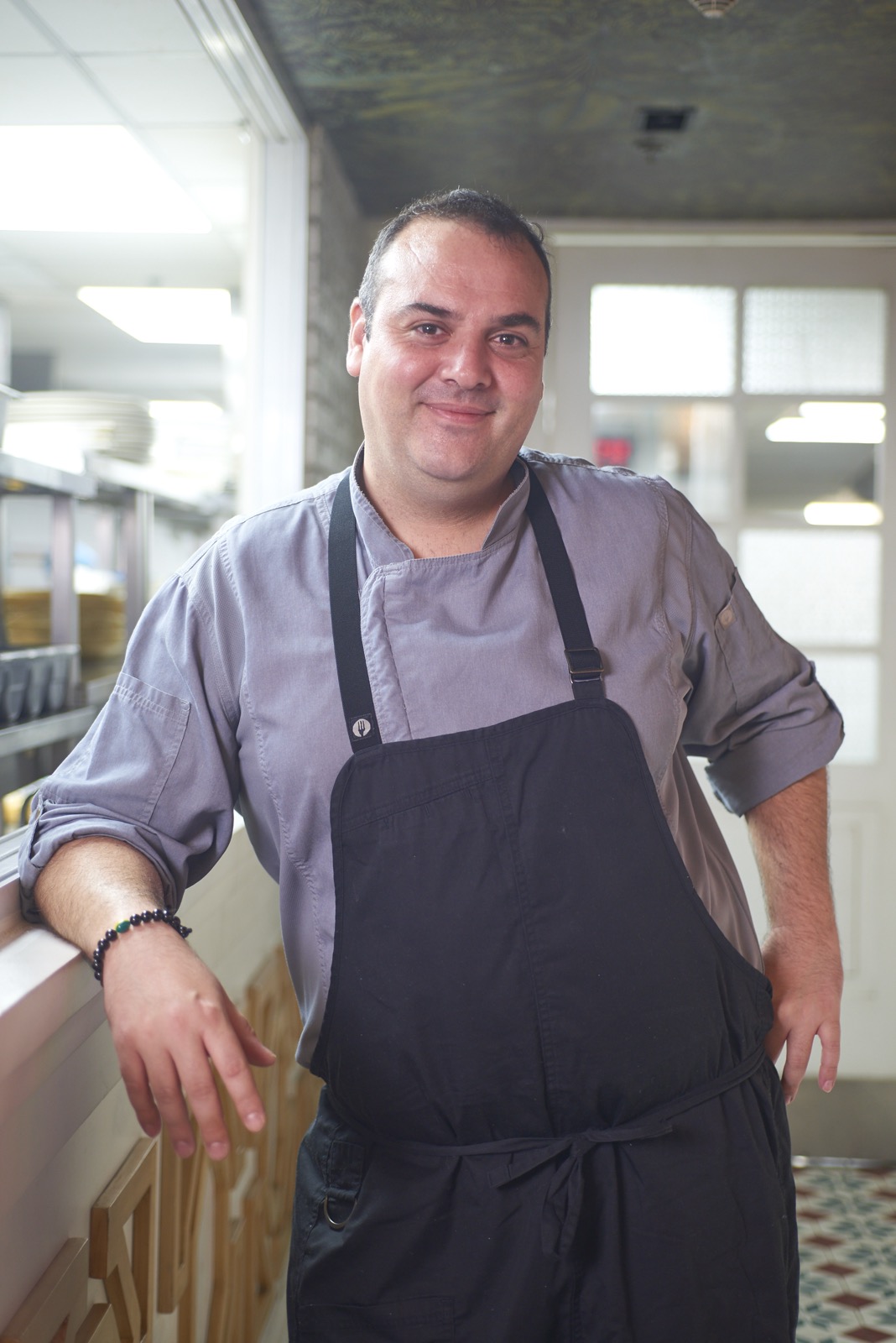

For a sexier, funkier, more fun Spanish cuisine and vibe, there’s Tomatito, also known as the ‘Sexy Tapas Bar’ with its playful energy, sultry bites, and lively Spanish music, perfect for the younger crowd. Named after José Fernández Torres, also popularly known as ‘Tomatito’—a famous Spanish flamenco guitarist and composer—the restaurant highlights a vibrant flamenco-inspired decor, and has an extensive array of tapas, fun finger food, the much sought after Filete Air Baguette, everybody’s favorite Chipirones Andaluza, Paella Chiringuito and Pintxos which could be enjoyed with “two fingers and one bite”, making it the perfect spot for informal, festive gatherings.
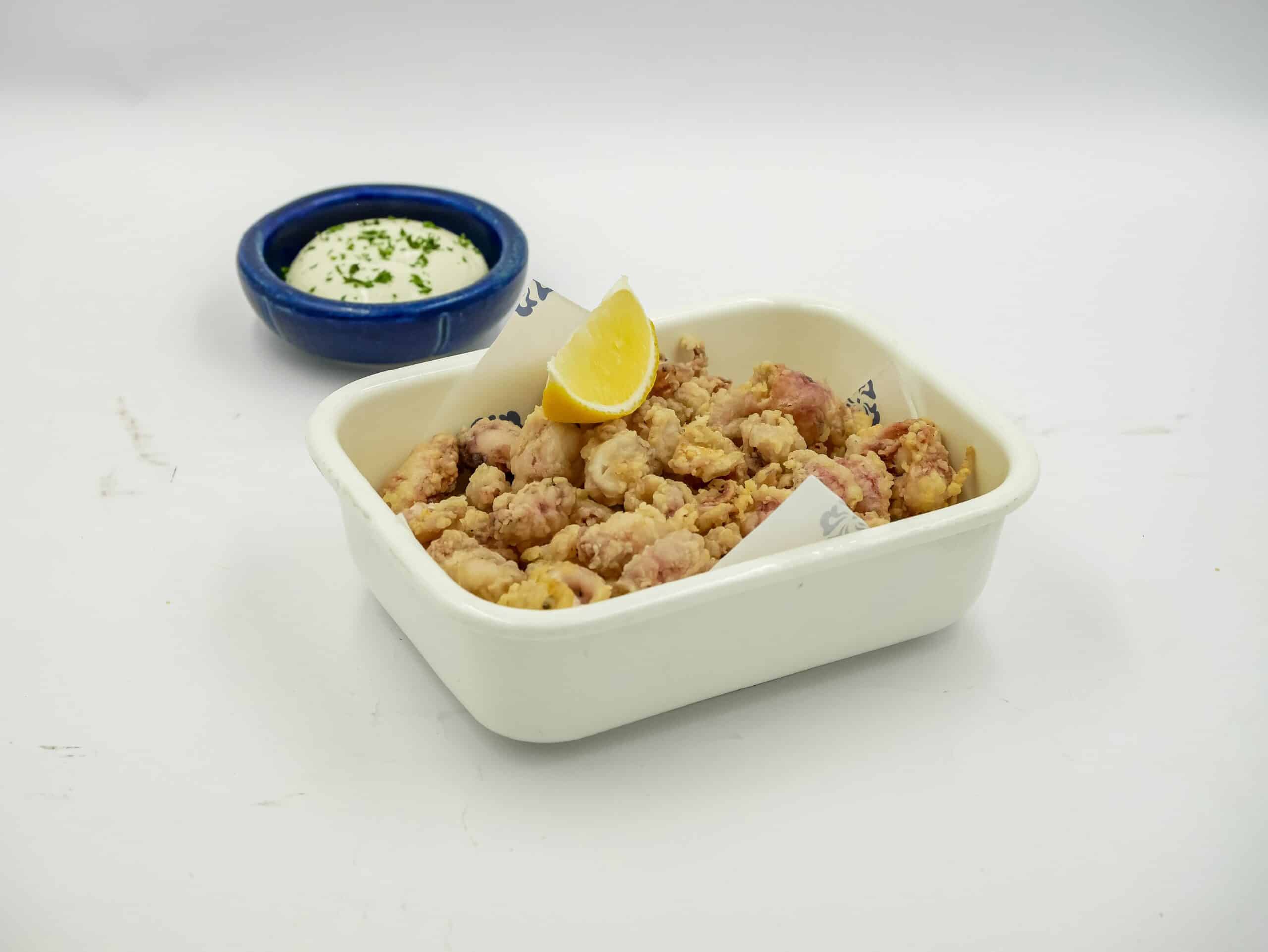

Chipirones Andaluza
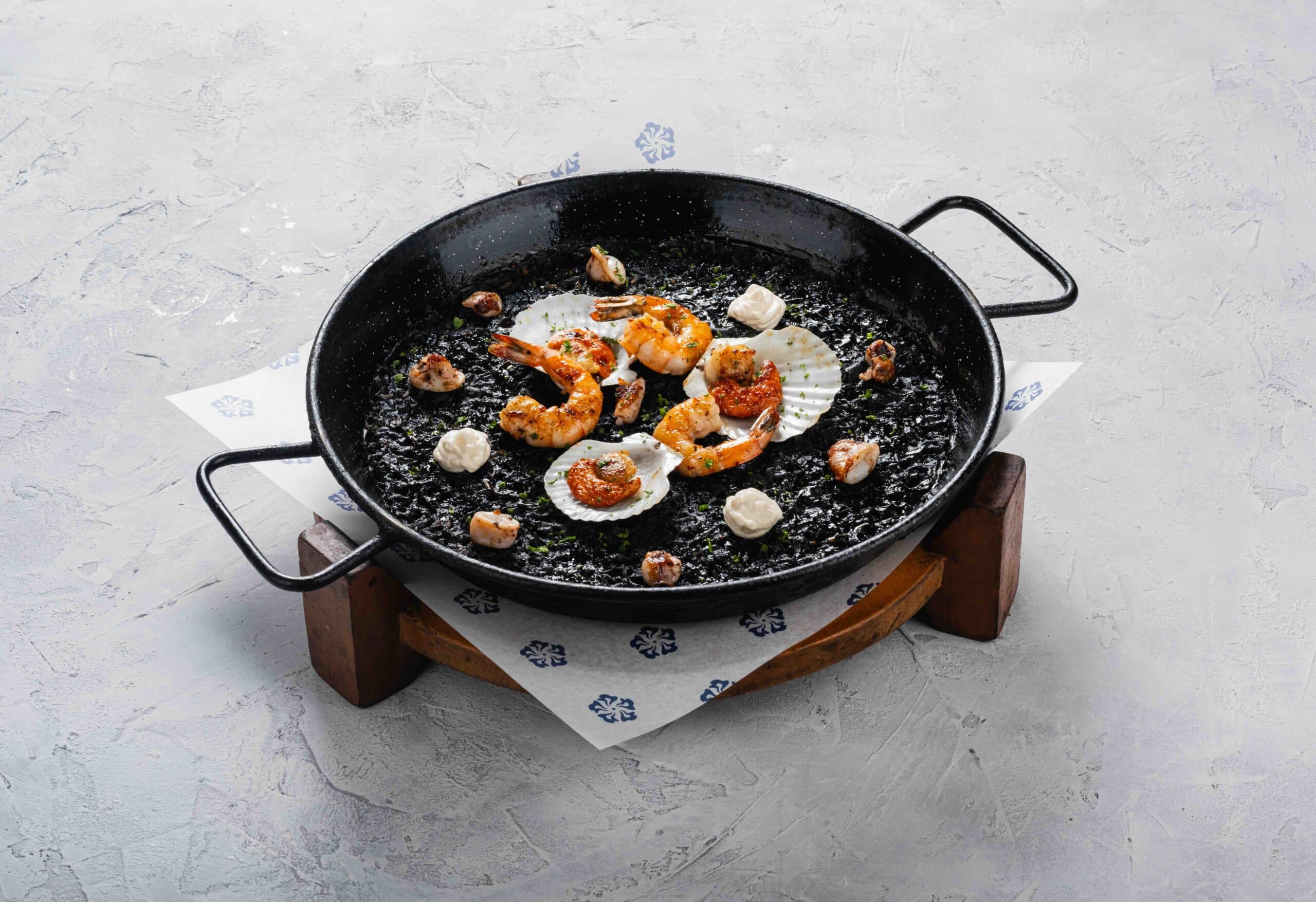

Paella Chiringuito
Rumba, another Spanish concept of Bistronomia, celebrates Mediterranean cuisine and is somewhat of a culinary crossover, getting together a blend of famous French, Italian, and Greek recipes with Spanish flair (“The biggest influence is Spain since I am Spanish,” Chef Alfredo chimed in). Dishes are cooked mainly on charcoal grill and oven, a rare culinary centerpiece that imparts unmatched smoky flavor. “We call our paella in Rumba Arroces al Carbon or charcoal rice because we don’t use a paellera but it is cooked in a cast iron casserole, placed inside the charcoal oven at 350 degrees, using charcoal imported from Spain, so not only the paella but all our dishes are smokey,” Chef Alfredo explained. He also noted that 90% of Rumba’s dishes are cooked in the said oven including French-style free-range chicken, local squid, lamb chops, duck confit, octopus, shrimp, and the mouth-watering cochinillo.
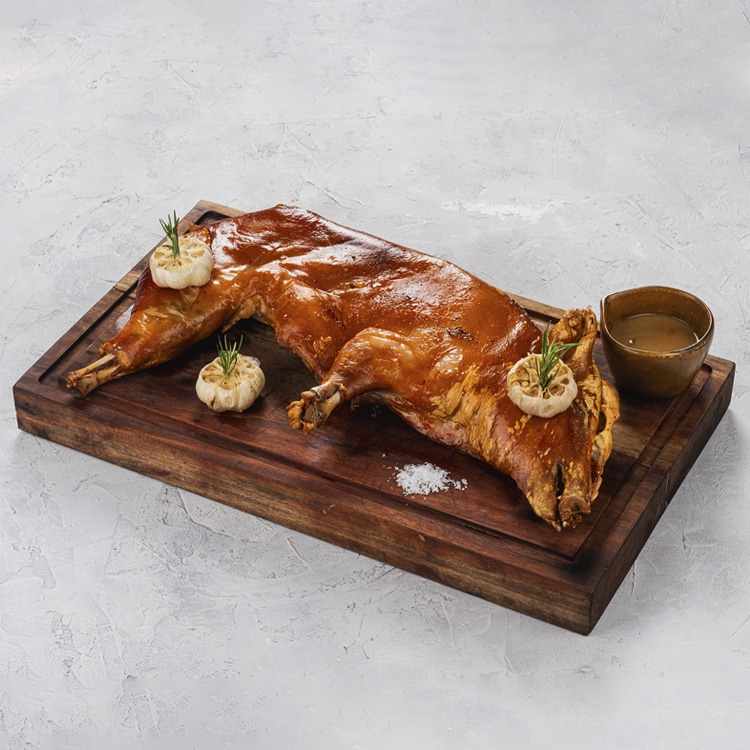

Half Conchinillo


Croquetas de Jamon Iberico
Unlike many adaptations that adjust flavors for local palates, Bistronomia remains committed to authenticity, nary a Filipino tweak especially on their croquetas, tortillas, pintxos, and paellas, so all could stay and taste as authentic as they would in the heart of Madrid or Barcelona. Under the guidance and culinary mastery of Spanish chef Alfredo Rodriguez Sangrador—and now supported by two new Spanish brand ambassadors, Marta Banos and Cristina Marba—Bistronomia offers an authentic, unforgettable taste of Spain, with a pledge to stay true to traditional recipes while embracing a spirit of creativity and imagination.
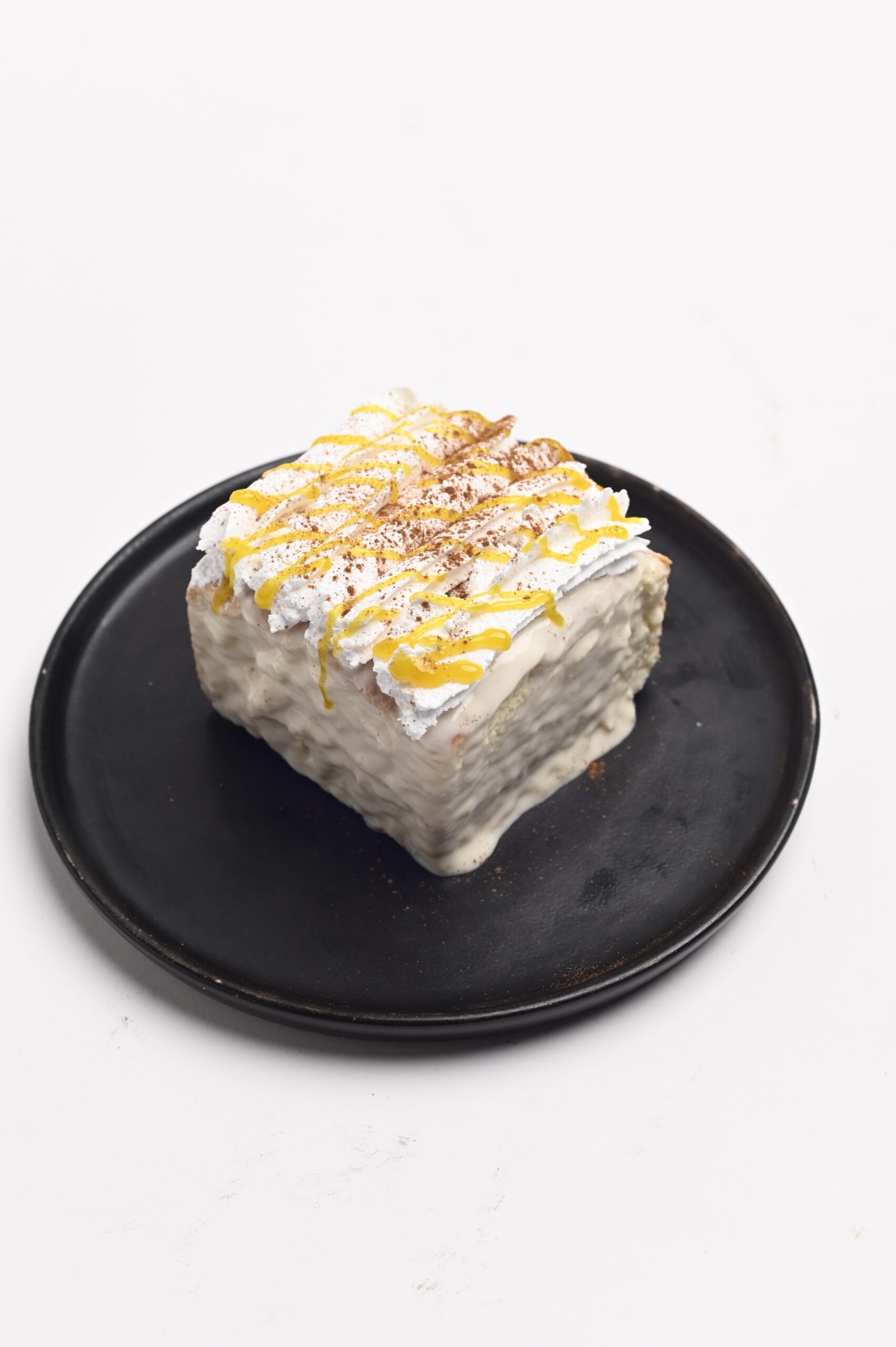

Tres Leches
“We don’t modify anything in the recipe, we try to be authentic and this is, for me, the identity of our restaurants. Here, it’s the same recipe, we don’t adjust anything. Even Spanish people who dine in our restaurants say that it feels like they are eating in Spain,” Chef Alfredo mused.
Advocating for Bistronomia and the Spanish culinary heritage
Chef Alfredo recalled being a restaurant trainee, Kitchen Assistant, and Chef de Partie, to Sous Chef before achieving the much-coveted spot in the proverbial culinary corporate ladder, as Executive Chef in Spain where he was born, raised, and founded a career. He then decided to leave his home country to practice his expertise in the Philippines for six months (in a restaurant in Makati), went to Hong Kong for a three-year stint, and returned to the Philippines because “I miss the Philippines, so I decided to come back!” he beamed. He has been Bistronomia’s Corporate Executive Chef since 2018 ans surprisingly, Adobo, Pancit, Pork BBQ, and Lumpia are his favorite Filipino dishes.
Alongside Chef Alfredo are Cristina García-Villalba Marba and Marta Aranda Baños, two new Spanish ambassadors who will enhance the authenticity of Bistronomia’s concepts and further deepen the cultural connections. Their role is not just to promote the cuisine but to introduce diners to the rich traditions, stories, and spirit of Spain. For many Spanish guests, dining at Bistronomia is a nostalgic experience, transporting them back to cherished memories of home.
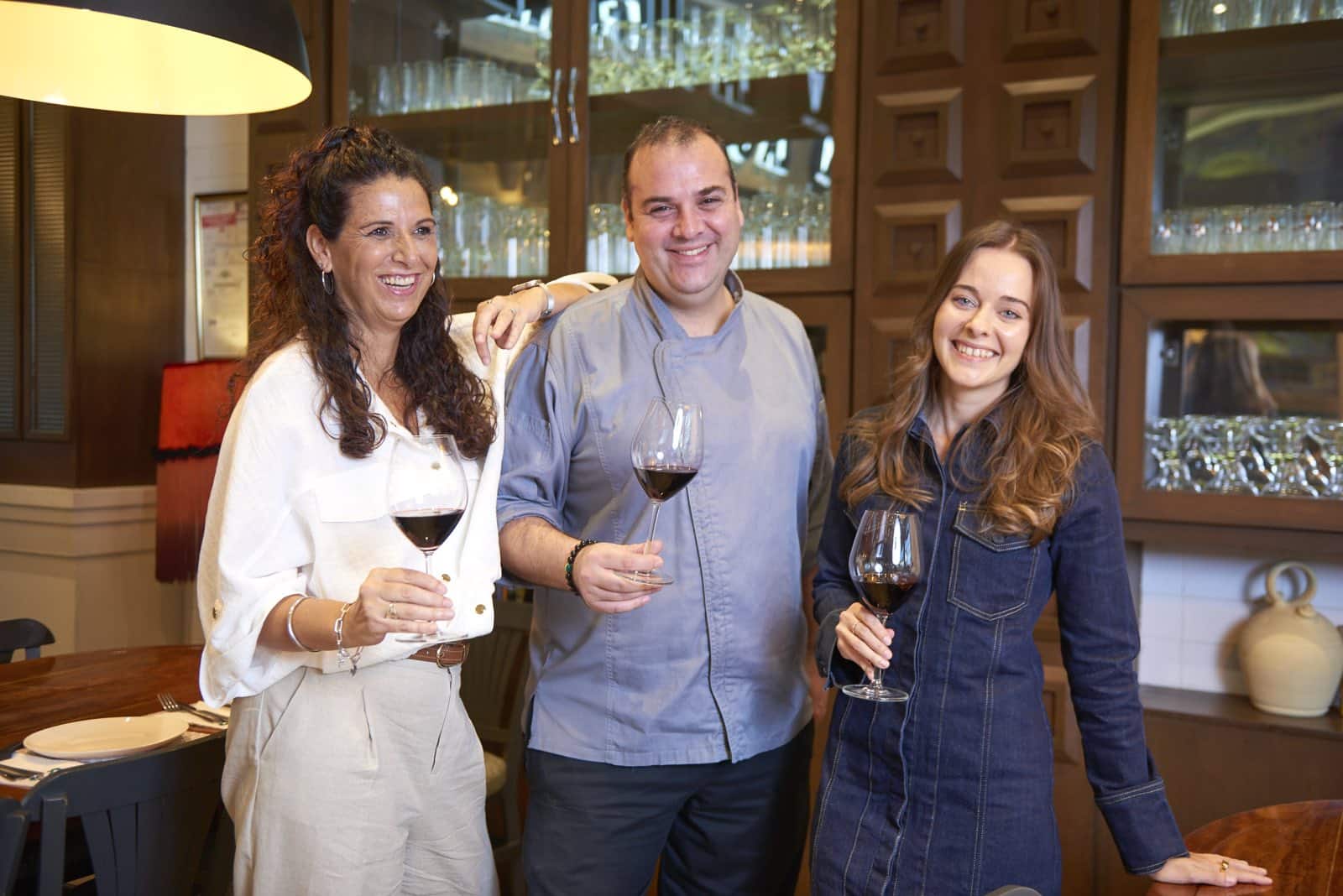

Bistronomia Spanish brand ambassadors Cristina Marba (left) and Marta Banos (right) with Spanish chef Alfredo Rodriguez Sangrador
“As brand ambassadors, we will share with them the complete experience of the Bistronomia restaurants and promote Spanish cuisine and culture through different events,” Baños said. She has a master’s degree in communication and Gastronomic customer experience, is a recipent of a Level 2 Award at the Wine & Spirit Education Trust in 2023, and she also has a degree in Journalism and another Master’s degree in Communication Management and Public Affairs. “As an ambassador it’s easier because Filipino and Spanish cuisine are somewhat similar,” she added, noting that she has come to love the Filipino adobo, Sinigang, and Garlic rice.
Marba, on the other hand, is the Co-founder and General Manager of Foshan Iberia Consulting Services and Project Coordinator for Spain and Asia, with more than two decades of event coordination experience, human resources, and industrial, and consulting. “The food of Bistronomia, like the Croquetas and Bacalao, and the ingredients uses here are of high quality and the taste is like those dishes found in Spain. I love Tomatito’s Filete de Baguette, with cheese inside, it explodes in your mouth. In Rambla, I like the Huevos estrellados, Spanish dishes of fried eggs with liquid yolk, served with potatoes and meat. In Rumba, my favorite is Tortilla Bacalao, Spanish Cod fish and potato omelet, also the Manchego cheesecake. When I ate these, I closed my eyes and I was like, you know, saw my grandmother cooking back home,” Marba gushed, relishing a nostalgic experience, transporting her back to cherished memories of home. But in the Philippines, she admitted that she could eat Lechon and Kinilaw every day.
“Our philosophy is simple,” Chef Alfredo said. “We want people to experience Spain exactly as it is, no shortcuts, no adjustments. Just real Spanish food, crafted with passion and imagination.” With genuine Spanish flavors, creativity in every dish, and heartfelt hospitality, Bistronomia isn’t just a place to eat. It’s a true celebration of Spain, right in the heart of Manila.
And just like that, Spain has once again conquered Manila—but this time, our palates, appetites, and our hearts. ¡Vamos a comer!
INQUIRER.net BrandRoom/JC




